Discover Related Products
Now explore supplements designed to support Longevity, Gut Health & Cellular Vitality.
CITOZYM - Support Natural Detox, Immune and Longevity Support
The Importance of Detoxifying the Body: A Scientific Analysis

Detoxifying the body is a topic of growing interest in both the scientific community and among the general public. Detoxification refers to the process of removing toxins from the human body, which is essential for maintaining homeostasis and promoting overall health. This article explores the importance of detoxification, the body's natural mechanisms for eliminating toxins, and scientifically supported methods to optimize this process.
Role of Toxins in the Body
Toxins are harmful substances that can accumulate and compromise human health. These toxins can be exogenous (originating from the environment, such as pesticides, heavy metals, and air pollutants) or endogenous (byproducts of cellular metabolism). Accumulation of toxins can lead to various disorders, including cellular damage, inflammation, and chronic diseases (1).
Natural Detoxification Mechanisms
The human body is equipped with highly sophisticated detoxification systems, primarily represented by the liver, kidneys, skin, and lungs. The liver plays a crucial role in biotransforming toxins, converting them into less harmful compounds that can be eliminated through urine or bile (2). However, excessive exposure to toxins can overload these systems, reducing their effectiveness.
Benefits of Detoxification
Improved Liver Function
Supporting the liver in its detoxification role can prevent toxic overload and promote better liver health. Dietary and lifestyle interventions can enhance the liver's ability to metabolize and eliminate toxins (3).
Reduced Inflammation
Toxins are often pro-inflammatory, and their elimination can reduce systemic inflammation levels. This is particularly relevant for chronic inflammatory diseases such as rheumatoid arthritis and cardiovascular diseases (4).
Enhanced Skin Health
The skin, being a detoxification organ, can significantly benefit from the reduction of toxins in the body. Studies have shown that reducing toxins can improve skin health, decreasing issues like acne and improving overall skin appearance (5).
Increased Energy Levels
The accumulation of toxins can negatively affect cellular energy production. Detoxification can improve mitochondrial function, leading to higher energy levels and greater vitality (6).
Detoxification Methods
Detox Diet
A diet rich in antioxidants and essential nutrients can support liver and kidney function. Foods like fruits, vegetables, legumes, and nuts are particularly beneficial in this context (7).
Hydration
Adequate water intake is essential for facilitating toxin elimination through the kidneys. Drinking water also helps maintain cellular hydration and overall bodily function (8).
Physical Exercise
Regular physical activity stimulates blood circulation and sweating, helping to expel toxins through the skin. Exercise is also known to improve metabolism and immune function (9).
Sauna Therapy
Saunas promote sweating, an effective method for eliminating fat-soluble toxins stored in adipose tissue. Sauna therapy has been associated with numerous health benefits, including detoxification and improved circulation (10).
Importance of Using the Right Supplements
Using appropriate supplements can play a significant role in body detoxification. Supplements can provide essential nutrients that support the body's natural detoxification processes, enhancing their efficiency and effectiveness.
Enzymatic Substrates and Enzymes
Enzymes are proteins that catalyze biochemical reactions in the body, including detoxification processes. Enzymatic substrates are the compounds that enzymes act upon to facilitate detoxification. Providing the body with the right substrates and enzymatic cofactors is crucial for optimizing these reactions.
Glutathione
Glutathione is a powerful antioxidant and enzymatic substrate that plays a critical role in liver detoxification. Studies have shown that adequate levels of glutathione can improve the body's ability to neutralize and eliminate toxins (11).
Vitamins and Minerals
B vitamins, vitamin C, and minerals like selenium and zinc are essential cofactors for liver detoxification pathways. Supplementing with these nutrients can optimize liver function and promote efficient detoxification (12).
Probiotics
Probiotics can support gut health and improve toxin elimination through the digestive system. A balanced gut microbiome is essential for preventing toxin accumulation and promoting overall health (13).
Conclusion
Body detoxification is essential for maintaining good health and preventing chronic diseases. Although the body has natural detoxification mechanisms, modern exposure to numerous toxic substances often necessitates additional support. Adopting a balanced diet, maintaining adequate hydration, exercising regularly, utilizing sauna therapies, and supplementing with essential nutrients are effective strategies to enhance the body's ability to eliminate toxins. Ongoing research in this field promises to provide further evidence on how to optimize these processes for optimal health.

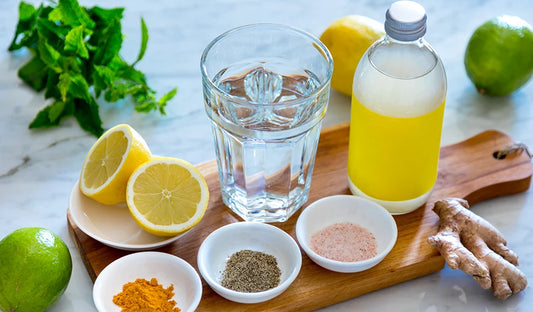
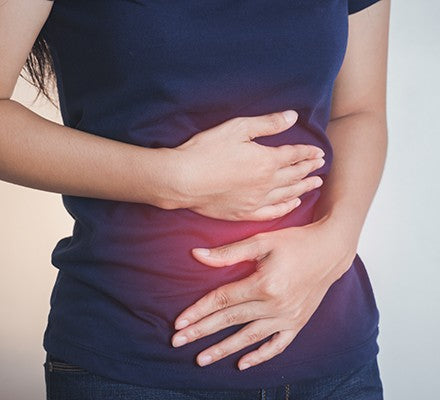
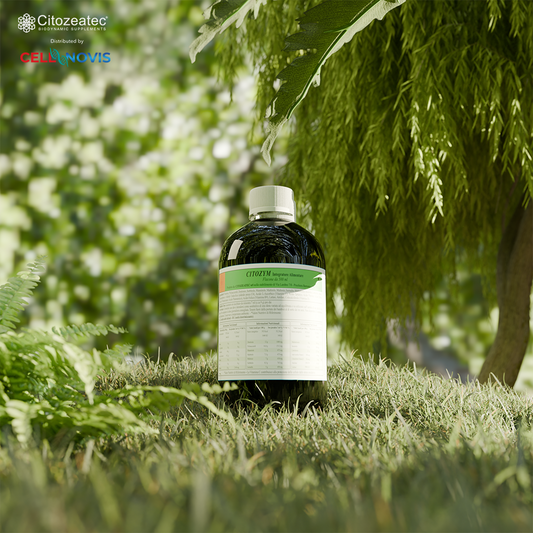
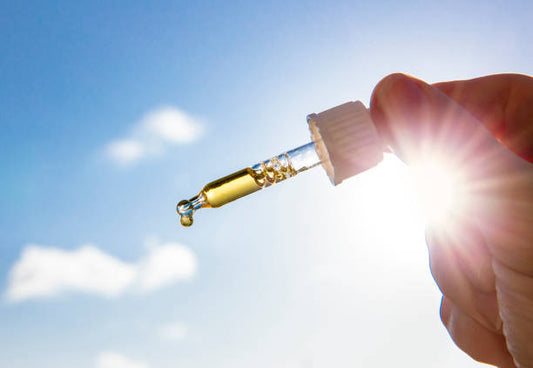

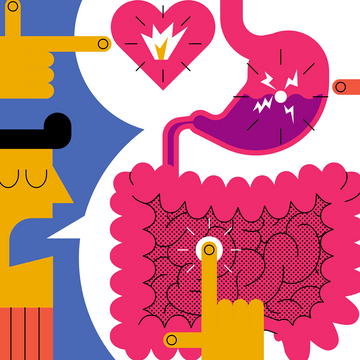
No comments